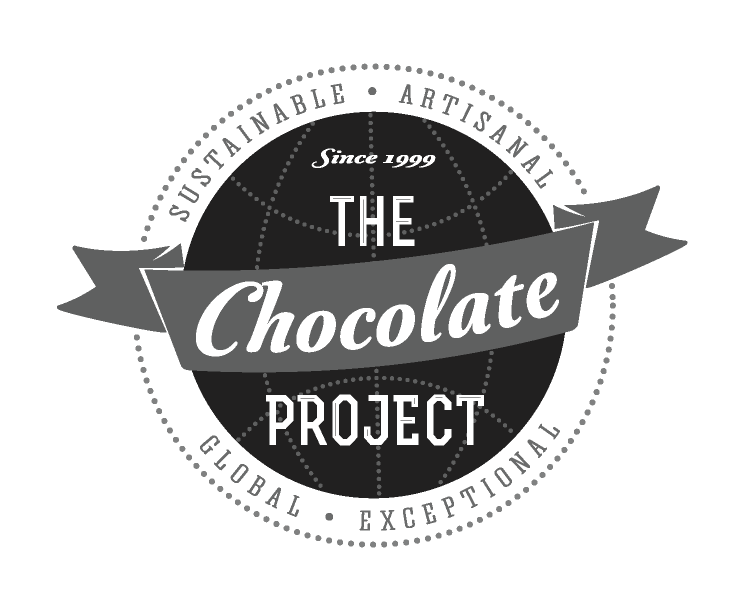We've heard some pretty crazy stuff over the many years of running The Chocolate Project and answering questions. The internet is a prime source of shockingly inaccurate information about the chocolate world and so here we'll try to set straight a few of the most common myths. Keep reading here to learn more!
#1 – Dark Chocolate is healthy; Milk Chocolate isn't
Since real milk chocolate is simply dark chocolate with 5-10% powdered milk added, this one really makes no sense. It's like adding a splash of cream to your coffee or tea. It doesn't make the drink any better or worse for you, it simply changes the taste. If you're a milk chocolate lover don't feel guilty! Just ensure that your bar actually contains at least 50% cocoa solids and, like all chocolate, consume it in moderation. Many milk bars do have a higher sugar and fat content than their dark counterparts, but we carry plenty that don't. Just ask us.
#2 – The best kind of chocolate is “raw” chocolate
Let us just get this out of the way right off the bat – chocolate is not, and can never be, a raw food. Yes, I know the shelves of health food stores are bursting with so called “raw” cacao products, but that doesn't make it true. If you've been following our recent blogs you'll already know that cacao is fermented in the jungle at temperatures of 50-55C and then dried for a week or more in the tropical sun. There is simply no way around these two steps if you want to create chocolate. While it is possible to dry at low temperatures, there is no low-temperature substitute for fermentation. This is a process which completely transforms the cacao seed chemically using heat, alcohol and acids and renders it most definitely no longer “raw”.
And then there is roasting – the critical step which transforms the latent flavour pre-cursors in a cacao seed into the compounds we recognize as chocolate. You could skip this, but if you think unroasted cacao is tasty, ask us and we'll let you try some. Once you've rinsed that taste of bitter, tannic, vegetal nastiness out of your mouth we'll be happy to hook you up with some real chocolate made from artfully roasted beans.
For a more complete overview of the raw chocolate issue please continue reading here: http://chocolatealchemy.com/the-truth-about-raw-chocolate/ or here: http://www.raw-food-health.net/RawChocolate.html
#3 – Chocolate is a “Superfood”
There's a lot of news in the press recently about the health benefits of eating chocolate and, while we are happy to see our favourite foodstuff so lauded, one has to take it all with a large grain of salted caramel. These studies are small population samples and the results are inconclusive at best. “People who eat dark chocolate are less likely to have heart disease than those who don't” one study proclaims; which sounds great, but only works if all other aspects of the test subject lives are exactly the same. What if chocolate eaters are more physically active? What if those who love quality chocolate also drink more fine coffee and tea? What if they eschew hard liquor and prefer red wine instead? What if chocolate as a small part of a balanced, varied diet is actually the key to health? Probably true, but not a very sexy sound bite.
The past couple of decades have seen many edibles trotted out as the next great “superfood”. Remember when the big fad was cranberries? Then blueberries? Goji berries? Spirulina? Hemp seeds? Red wine daily? All purported to prevent heart attacks, cure cancer, reverse diabetes, etc... Chocolate is the health food "flavour of the month" right now but has no more claim to being a superfood than any of those others.
What concerns me most about the push to give chocolate some kind of mystical, magical healing properties is that we then overlook the really amazing things about chocolate. Few foods can transport us to another time and place or envelop our senses in luxurious complexity like fine chocolate. Few art forms allow us to interact so tangibly with their creator. It would be a tragedy if the best thing you can say about your favourite chocolate is that it is “healthy”.
Remember: the first duty of all chocolate is to provide pleasure. It is not about antioxidants or flavinols: its about taste.
